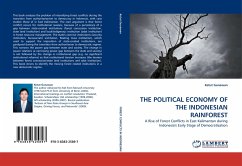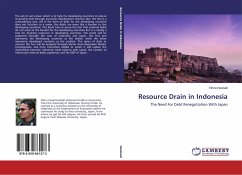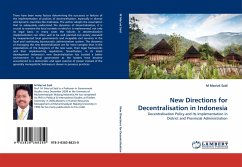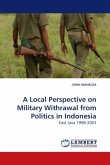This book analyses the problem of intensifying forest conflicts during the transition from authoritarianism to democracy in Indonesia, with case studies those of in East Kalimantan. The core argument is that forest conflict occurs for institutional reasons, because of a persistence of a gap between state-created institutions (forest concession institution, state land institution) and local/indigenous institution (adat institution) in forest resource management. The state's coercive institutions (security institution, bureaucratic institution, floating mass institution), which used to support the imposition of state-created institutions, are paralyzed during the transition from authoritarian to democratic regime. This narrows the power gap between state and society. The change in power relations (a narrowing power gap between the state and society) is not followed by the change in institutional gap (e.g. no significant institutional reforms) so that institutional tension increases(the tension between forest concession/state land institutions and adat institution). This book strives to identify the missing forest related institutions in a new democratic regime.
Bitte wählen Sie Ihr Anliegen aus.
Rechnungen
Retourenschein anfordern
Bestellstatus
Storno








